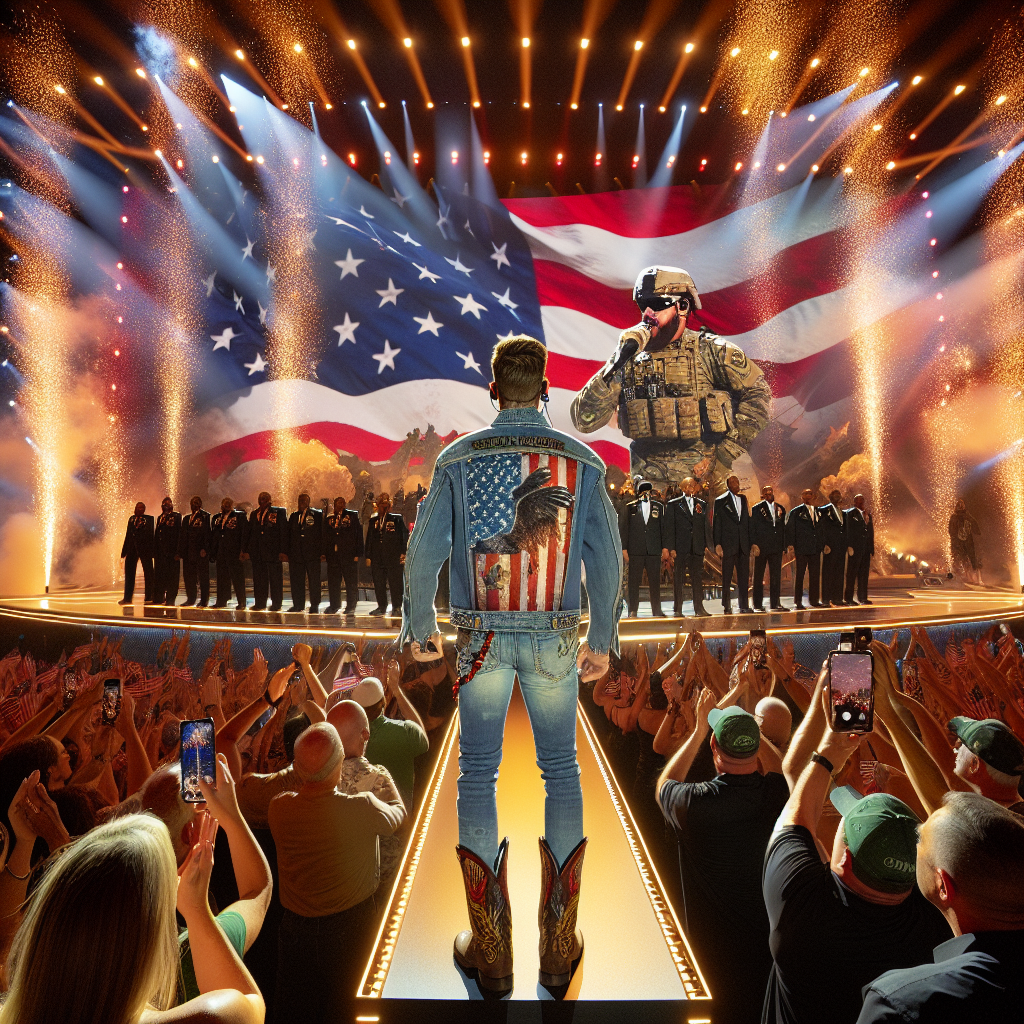Listen up, the truth’s about to drop, and I don’t sugarcoat.
The United States and Iran are back at the nuclear poker table, dealing cards no one trusts and bluffing so hard they might strain a diplomatic muscle. Indirect talks have resumed—yes, indirect, because apparently looking each other in the eye is still harder than enriching uranium to weapons-grade purity. This isn’t just diplomacy, folks, it’s a theatrical reboot of déjà vu: “JCPOA 2: The Sanctions Strike Back.”
Let’s set the stakes straight, because the media’s been pretending this is a polite debate over technicalities. Nope. This is a geopolitical cage match laced with uranium 60% pure and sarcasm 100% loaded. On one side, you have the U.S.—thick with sanctions, grumbling about non-proliferation, and flip-flopping between diplomatic desperation and hawkish chest-thumping. On the other side, Iran—armed with centrifuges, regional influence, and a nuclear enrichment program that’s become both negotiation leverage and the world’s most volatile science fair project.
Now here’s where the real game lies.
The U.S. wants Iran to roll back its nuclear program like it’s a rental car they drove too fast. “Slow down the enrichment,” says Washington, “Break the centrifuges, let the inspectors back in, and we’ll think about lifting the financial ankle monitors.” Iran, meanwhile, wants sanctions relief so badly they can taste the frozen oil assets in overseas banks. But here’s the kicker—they also want guarantees the U.S. won’t backflip on deals again like it did in 2018 when Trump nuked the accord harder than any warhead could.
So what’s really going on behind those velvet curtains of diplomacy?
This isn’t a nuke negotiation—it’s a war of credibility dressed up in diplomatic tuxedos. Biden wants a legacy win. Iran wants international legitimacy and economic oxygen. And both are playing nice in public while backchanneling like gossiping spies at a Geneva cocktail party.
And don’t fall for the “progress” headlines. The key sticking points haven’t budged: How much uranium can Iran keep? How fast can sanctions go? Will inspectors inspect or just be Instagramming moldy nuclear facilities? No one knows because both sides are speaking fluently in Bureaucratese—a language so vague it makes horoscopes look precise.
Meanwhile, regional players like Israel are throwing side-eyes from the security sidelines, ready to sabre-rattle the second Iran’s enrichment crosses a line drawn in radioactive dust. Saudi Arabia, bless their oil-slicked souls, are watching this whole show praying their next deal isn’t brokered in the mushroom cloud glow of failed diplomacy.
Let’s be honest, the world isn’t negotiating with Iran—it’s time-traveling through the same diplomatic graveyard, hoping this time the ghost of old deals stays dead long enough for a new one to live.
But here’s the brutal truth, folks: If this deal collapses (again), it won’t just be international law that gets vaporized—it’ll be trust, leverage, and the illusion that diplomacy can outpace centrifuges. And when that happens, the Middle East becomes one miscalculation away from a fireworks show no one ordered—and nobody can cancel.
So grab your popcorn—or maybe a Geiger counter.
The game’s on, and I play to win.
– Mr. 47









